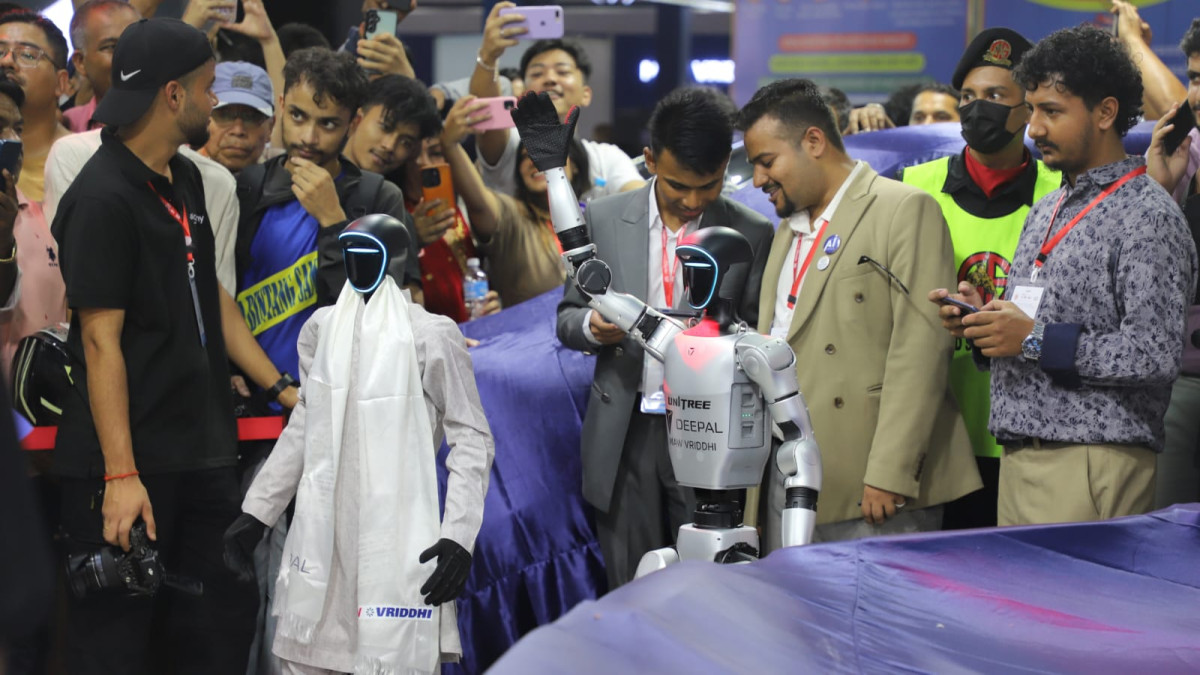When AI Takes the Runway: Are Models Being Replaced?
The fashion industry is experiencing a digital revolution, and it’s not just about virtual try-ons or AI-generated designs. In 2025, AI-generated models are stepping onto the runway, challenging traditional notions of beauty and representation. But what does this mean for human models and the future of fashion?
The Rise of AI Models
Fashion brands are increasingly turning to AI-generated models to showcase their collections. These digital avatars offer a cost-effective and scalable solution for brands looking to diversify their campaigns. For instance, H&M has begun creating digital clones of its human models, raising questions about the implications for the modeling industry ABC7 Los Angeles.
Platforms like Civitai have emerged, allowing users to generate AI models for fashion purposes. These tools enable brands to create diverse representations without the logistical challenges of traditional photoshoots Wikipedia.
Global Impact and Representation
The use of AI models isn’t limited to Western brands. In Morocco, the first AI-generated beauty pageant, Miss AI, crowned its inaugural winner, Kenza Layli, highlighting the global reach and acceptance of digital personas Wikipedia.
These developments prompt a reevaluation of beauty standards and inclusivity in the fashion industry. While AI models can be programmed to represent a wide range of appearances, questions arise about the authenticity and ethical considerations of using digital avatars in place of real individuals.
The Human Element: Challenges and Opportunities
Despite the advantages, the rise of AI models presents challenges for human models. Some models are exploring digital cloning, but concerns about fair compensation and the loss of human touch in fashion storytelling persist Los Angeles Times.
However, AI isn’t necessarily a replacement but a tool that can enhance the fashion industry. Designers like Norma Kamali are embracing AI to preserve and propel their legacy, using technology to innovate while maintaining the human essence of fashion MIT News.
Looking Ahead
The integration of AI in fashion is still in its early stages, and its full impact remains to be seen. While AI models offer new possibilities for representation and efficiency, the importance of human creativity and authenticity in fashion cannot be overlooked. The future likely holds a hybrid approach, where AI and human models coexist, each bringing unique strengths to the industry.
Share this content:










Post Comment